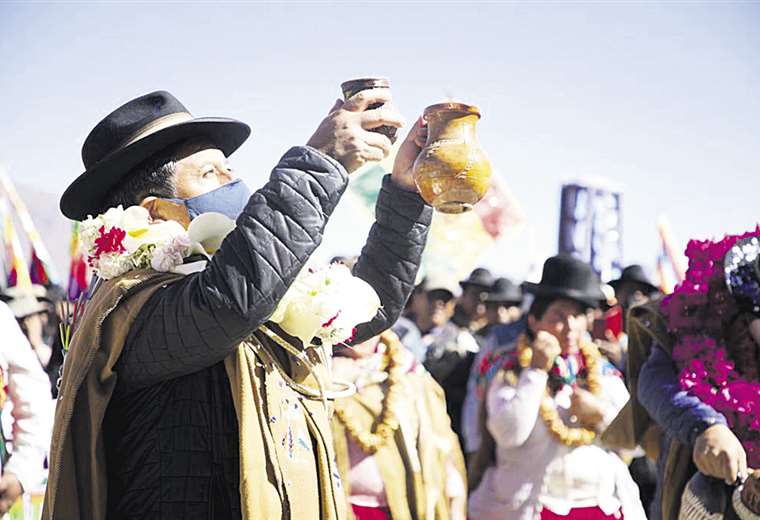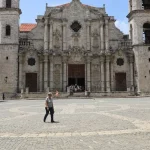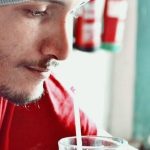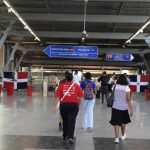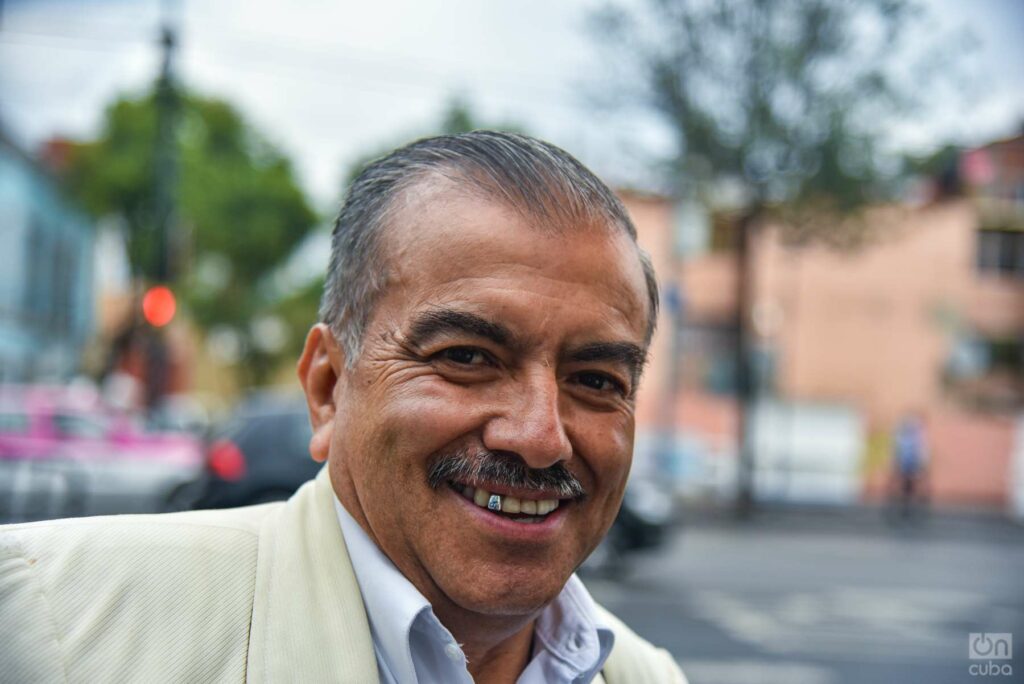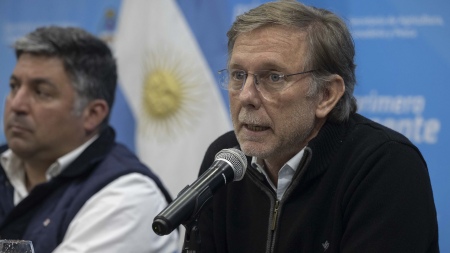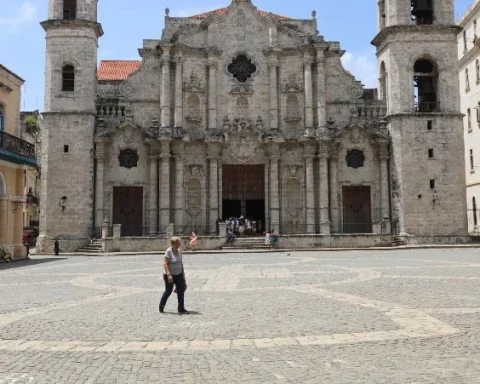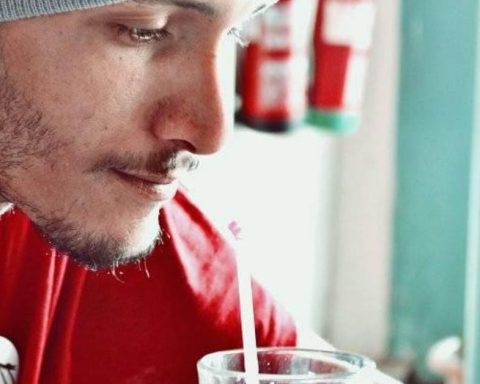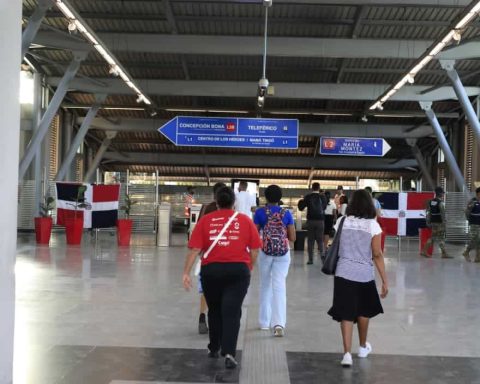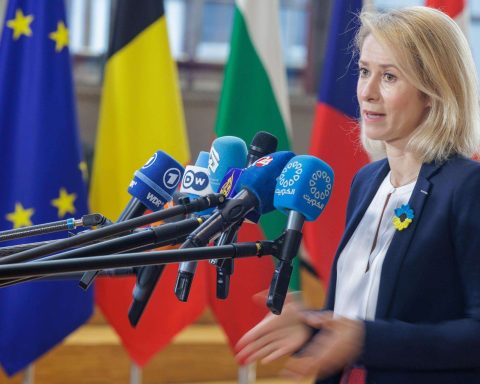January 22, 2023, 4:00 AM
January 22, 2023, 4:00 AM
The Plurinational State model did not achieve serious progress for indigenous peoples and for the rights of Mother Earth. It is the conclusion that indigenous intellectuals have, although there are experts who value Living Well that is embodied in the Constitution and promoted by David Choquehuanca since he was chancellor.
The indianist intellectual Pedro Portugal considered that Bolivia “has not managed to create a nation” and plurinationality is -said- una “political and intellectual fashion brought from other latitudes by the elites of the government of Evo Morales” and that has permeated the political, academic and management debate, “but far from clarifying the problem, it has obscured it more”.
The expert explained that for the majority indigenous peoples -such as the Aymara and Quechua- the concept of plurinationality “did not make any sense” because They continue on their way to integrate into the traditional State. But, for the minority peoples of the east and the Amazon -he said- it did have importance in principle because it provided them with immediate political and economic advantages, although subsequently “it was an absolute fiasco”.
“As an example of this disappointment about the plurinational state, we see the compensation that the state oil company YPFB paid to the intercultural coca growers of the Chapare, when at the same time the State has ignored the claims of the Amazonian peoples,” compared Portugal.
While, Saul FloresAymara sociologist, considered that plurinationality sought in 2009 place the indigenous at the center of political lifebut that role “it was symbolic“Because the State – he assured – is still in the hands of a dominant group.
“We see a state without a nation and nations without a state. Bolivia was born to life in 1825 with a mestizo Creole elite that tried to build a nation excluding indigenous peoples, and in which the miscegenation sought with the 1952 revolution did not work as a mechanism for political inclusion either”, Flores explained.
For her part, sociologist María Teresa Zegada considered that the idea of plurinationality represented the unity in diversity that the country sought, but in practice government of the Movement for Socialism (MAS), with its insistence on the extractivist model, violated the rights of indigenous peoples and, furthermore, it did not advance in the indigenous autonomies and less in the Prior Consultation Law, all with the “aggravating factor” that the ruling party had a parliamentary majority since 2006.
On the subject, the lawyer José Ugarte highlighted the Living Well paradigm as part of the multinational model. The expert considered that this paradigm instructs values in the population and that they are embodied in the Constitution.
“The paradigm of Living Well requires that the values and principles are in force in the Plurinational State of Bolivia and thus have a unitary sense that the Political Constitution of the State recognizes in harmony with all peoples respecting their ancestral identities and cultures, which previous constitutions did not recognize,” Ugarte explained.
